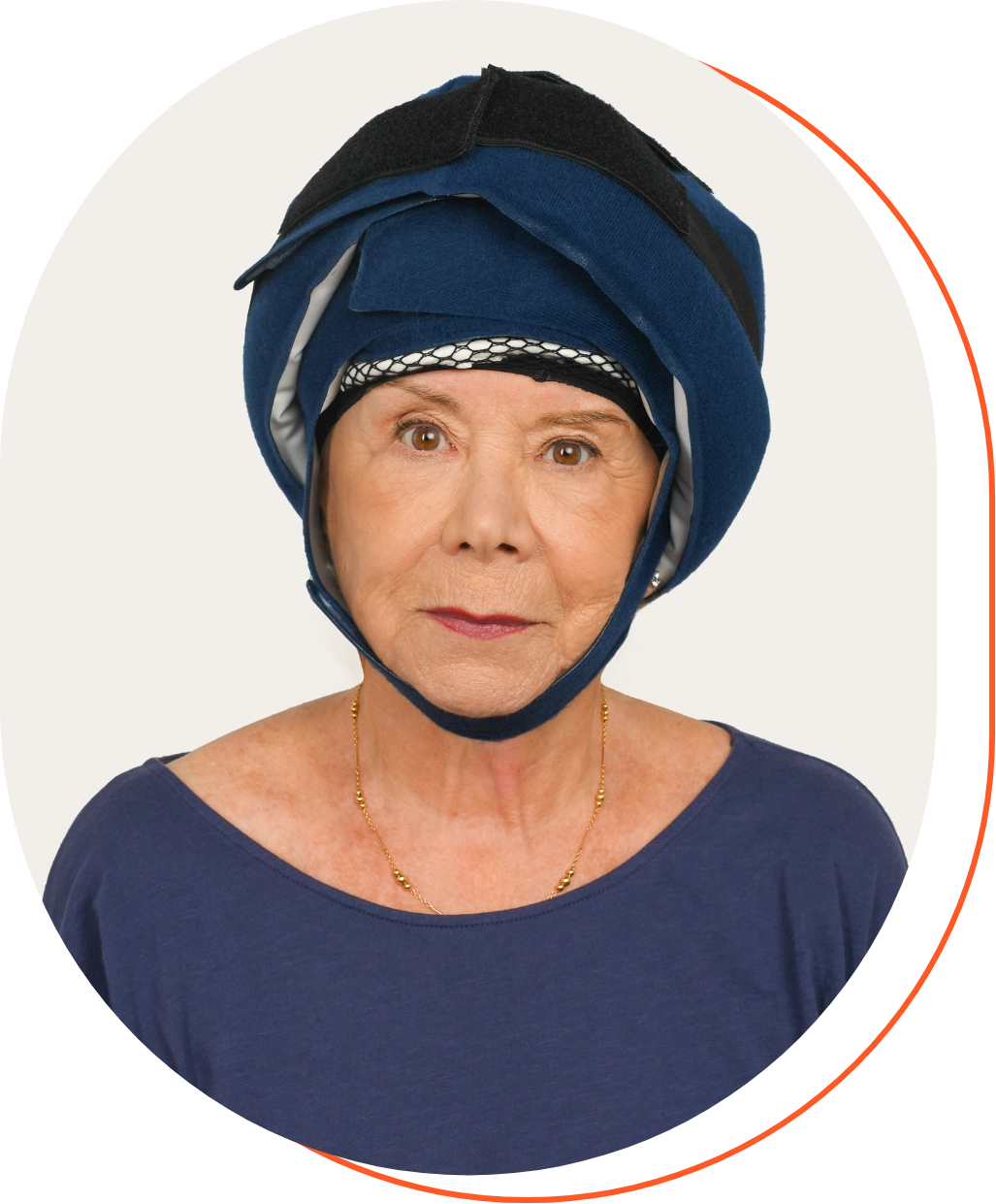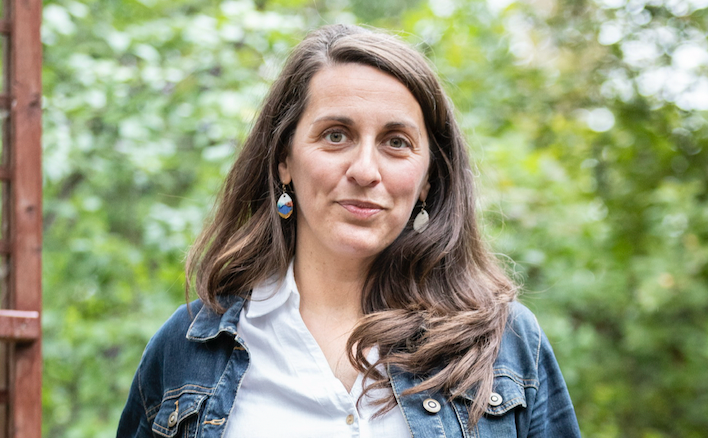Health professionals
Information and tools to support your patients
Bring new hope to your patients by letting them know that they can save their hair. The paradigm shift starts now. As healthcare professionals, informing your patients of all available options is essential to providing an optimal and personalized patient experience, and to allow informed consent to care.
Advantages of cold caps
They provide a solution
Informing your patient that they will lose their hair while you are explaining their treatment plan can be a delicate task. Now there’s an alternative to hair loss that you can, or even must, propose to your patient.
They improve quality of life
A patient who keeps their hair will have greater self-esteem, which can improve their emotional well-being and quality of life during treatment. The privacy of the patient’s medical condition is protected, thus preventing stigmatization.
They promote treatment adherence
Chemotherapy-induced hair loss can have major traumatic and psychological impacts. Being part of the action and becoming re-empowered helps reduce stress, improve general emotional well-being and strengthen a patient’s treatment engagement.
They help maintain normalcy
Not having to deal with hair loss helps a patient feel less sick and more “normal”. This can result in a more positive attitude, which can facilitate the patient’s participation in social, work-related and/or family activities.

Training sessions at your healthcare facility
The Garde tes cheveux team trains clinicians throughout Quebec. These practical workshops will provide you with answers to all your questions.
Studies
Many studies have been conducted on cold caps. For example, in May 2010, the University of Sherbrooke Hospital Centre published a report supporting the use of the caps in Quebec. The Francophone Supportive Cancer Care Association (Association Francophone des Soins Oncologiques de Support/AFSOS) also recommends this method.


Why ?
Approximately 8% of women refuse chemotherapy out of fear of losing their hair.<i class="fa-sharp fa-solid fa-circle-info" onclick="toggleRef()"></i><div class="reference" id="info-ref">Kadakia, K.C. et al., « Supportive cryotherapy : A review from head to toe », Journal of Pain and Symptom Management, vol. 47, no 6, 2014, p. 1100-1115. Roe, H., « Scalp cooling : Management option for chemotherapy-induced alopecia », British Journal of Nursing, vol. 23, no 16, 2014, S4-S8.</div> Offering an alternative promotes adherence to conventional treatments. We provide information and tools for informed decision-making and aim to debunk the idea that losing one’s hair is the only option.
Frequently asked questions
Download our digital brochure and poster to share with your patients
Testimonials
Hundreds of women in Quebec have kept their hair despite undergoing chemotherapy. Discover their stories.







